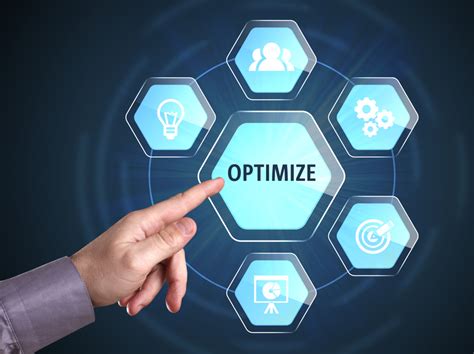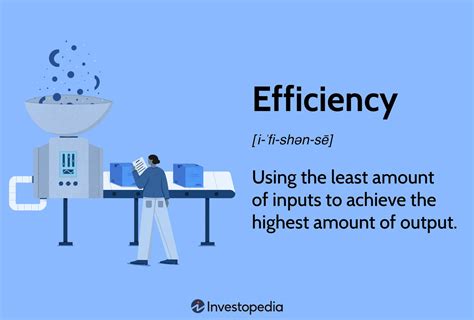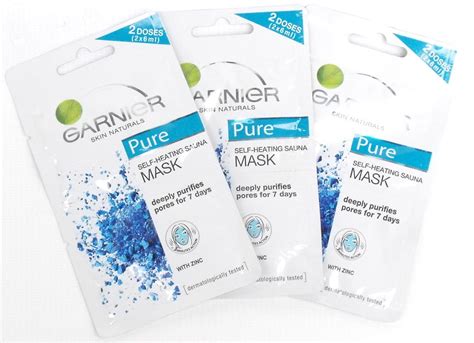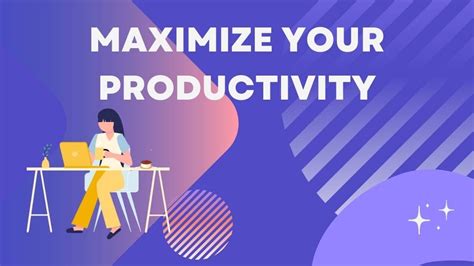Optimize sleep: Which smart tech truly enhances recovery for peak daily performance?
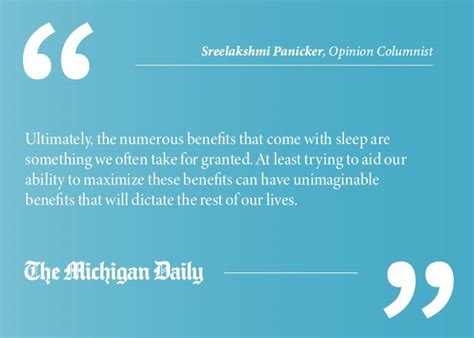
The Non-Negotiable Role of Sleep in Peak Performance
In our relentless pursuit of productivity and well-being, sleep often gets relegated to an afterthought. Yet, a growing body of research unequivocally links quality sleep to cognitive function, physical recovery, emotional regulation, and ultimately, peak daily performance. For athletes, executives, or anyone striving for their best, optimizing sleep isn’t a luxury; it’s a fundamental requirement. The challenge, however, lies in understanding and improving something as seemingly passive as sleep.
This is where smart sleep technology enters the picture, promising to demystify our nocturnal hours. But with a market saturated with devices claiming to track, analyze, and enhance sleep, how do we discern which innovations truly deliver tangible benefits for recovery and performance, and which are merely expensive novelties?
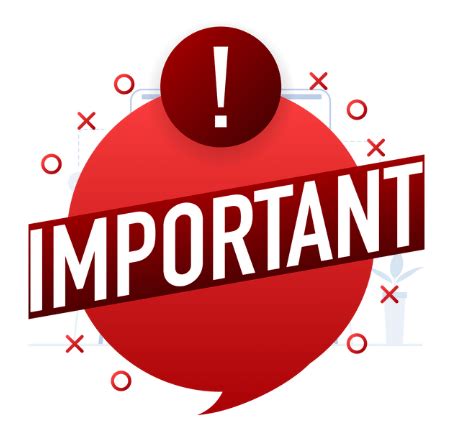
Decoding Smart Sleep Tech: Promises vs. Reality
Smart sleep devices broadly fall into several categories, each employing different methodologies to monitor and influence your sleep. Their core function is to provide data – often on sleep stages (light, deep, REM), heart rate variability (HRV), body temperature, respiratory rate, and movement – and ideally, offer actionable insights based on this information. The goal is not just to track, but to guide you towards better sleep habits and a more efficient recovery.
The true value of these devices hinges on their accuracy and the practical utility of their feedback. A device might collect vast amounts of data, but if it’s inaccurate or if the data isn’t translated into clear, understandable recommendations, its impact on your recovery and performance will be minimal.
Wearables: Rings, Watches, and Bands
Devices like the Oura Ring, Whoop, and advanced smartwatches (e.g., Apple Watch, Garmin) lead the wearable segment. They are popular for their non-invasive nature and continuous tracking capabilities. These devices typically measure heart rate, heart rate variability (HRV), skin temperature, and movement to estimate sleep stages and overall sleep quality.
- Oura Ring: Known for its exceptional accuracy in tracking sleep stages and HRV, offering daily ‘readiness’ scores that factor in sleep, activity, and body temperature. Its insights are generally considered actionable for understanding recovery.
- Whoop: Focuses heavily on recovery, providing strain and recovery scores that help users optimize their training and rest. It tracks sleep stages, HRV, and respiratory rate with high precision.
- Smartwatches: While good for general activity tracking, their sleep tracking capabilities can vary. High-end models are improving, often integrating features like blood oxygen monitoring and advanced heart rate sensors to provide more comprehensive sleep data.
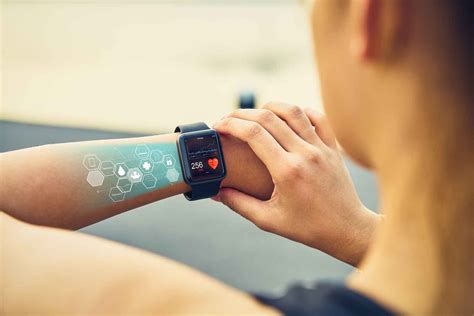
Under-Mattress Sensors and Smart Beds
These devices, such as the Withings Sleep Analyzer or Eight Sleep Pod, integrate into your bed environment. They avoid the need to wear anything, appealing to those who find wearables uncomfortable during sleep. They use pneumatic sensors or advanced mattress layers to detect heart rate, respiratory rate, and movement, often inferring sleep stages and patterns.
- Withings Sleep Analyzer: A mat placed under your mattress, it provides detailed sleep cycle analysis, heart rate, and even detects sleep apnea signs, integrating seamlessly with health apps.
- Eight Sleep Pod: A more comprehensive solution, it’s a smart mattress or mattress cover that actively heats and cools different zones of the bed. Beyond tracking, it directly influences sleep by optimizing temperature, a critical factor for deep sleep and recovery.
Ambient Sleep Aids: Light, Sound, and Temperature Control
These technologies focus on optimizing the sleep environment rather than tracking biometrics. They include smart lighting systems (like Philips Hue with circadian rhythm settings), smart sound machines (e.g., Hatch Restore), and smart thermostats or climate control systems.
- Smart Lighting: By gradually dimming in the evening and mimicking sunrise in the morning, these systems help regulate your natural circadian rhythm, making it easier to fall asleep and wake up refreshed.
- Smart Sound Machines: Offer soothing soundscapes or guided meditations to help you unwind and block out disruptive noises, promoting faster sleep onset.
- Smart Thermostats: Allow precise control of bedroom temperature, which is crucial as a slight dip in core body temperature is essential for initiating and maintaining deep sleep.
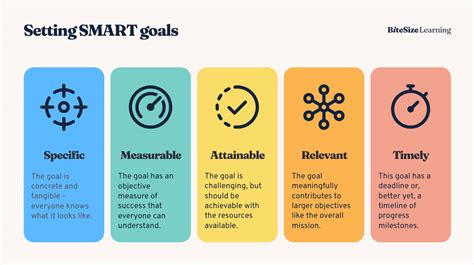
What to Look for: Beyond the Hype
When selecting smart sleep tech, consider these critical factors:
- Data Accuracy & Reliability: This is paramount. If the data is flawed, the insights will be too. Look for devices backed by scientific validation or extensive user reviews attesting to their precision.
- Actionable Insights: Does the device merely show you numbers, or does it interpret them and provide clear, personalized recommendations? A ‘readiness score’ or ‘recovery score’ that adjusts based on your unique data is far more valuable than raw data points.
- Comfort & Usability: A device is only useful if you consistently use it. Wearables should be comfortable enough to forget you’re wearing them, and in-bed systems should be unobtrusive. The app interface should be intuitive and easy to understand.
- Integration with Your Ecosystem: Does the device play well with other health apps or fitness trackers you already use? Seamless integration can provide a more holistic view of your health and performance.
- Privacy: Understand how your sensitive biometric data is collected, stored, and used.
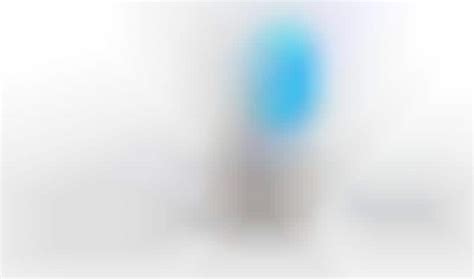
The Foundation Remains: Sleep Hygiene First
It’s crucial to remember that no smart device can entirely replace fundamental good sleep hygiene. These technologies are powerful tools for insight and optimization, but they function best when built upon a solid foundation:
- Maintain a consistent sleep schedule, even on weekends.
- Create a dark, quiet, and cool sleep environment.
- Limit caffeine and alcohol, especially in the evening.
- Avoid screens before bed (or use blue light filters).
- Incorporate regular physical activity, but avoid intense workouts close to bedtime.
Conclusion: Smart Choices for Smarter Sleep
For individuals serious about enhancing recovery and achieving peak daily performance, certain smart sleep technologies stand out. Wearables like the Oura Ring and Whoop offer highly accurate tracking and actionable recovery insights, making them excellent choices for data-driven individuals. For those who prefer a non-wearable solution, smart bed systems, particularly those that actively adjust temperature, can profoundly impact sleep quality.
Ultimately, the best smart sleep tech is one that not only provides accurate data but also empowers you with clear, personalized guidance that you can integrate into your lifestyle. When chosen wisely and combined with robust sleep hygiene practices, these devices can be transformative tools, unlocking deeper recovery and fueling your potential for peak performance every single day.

